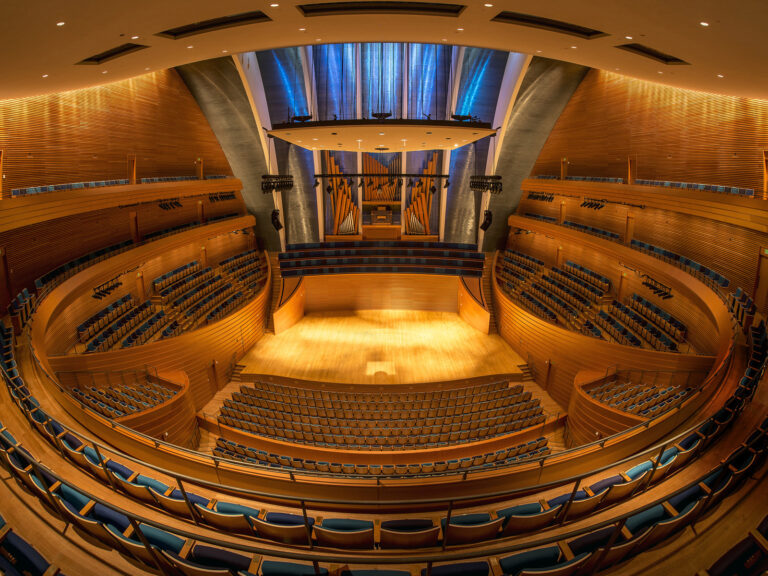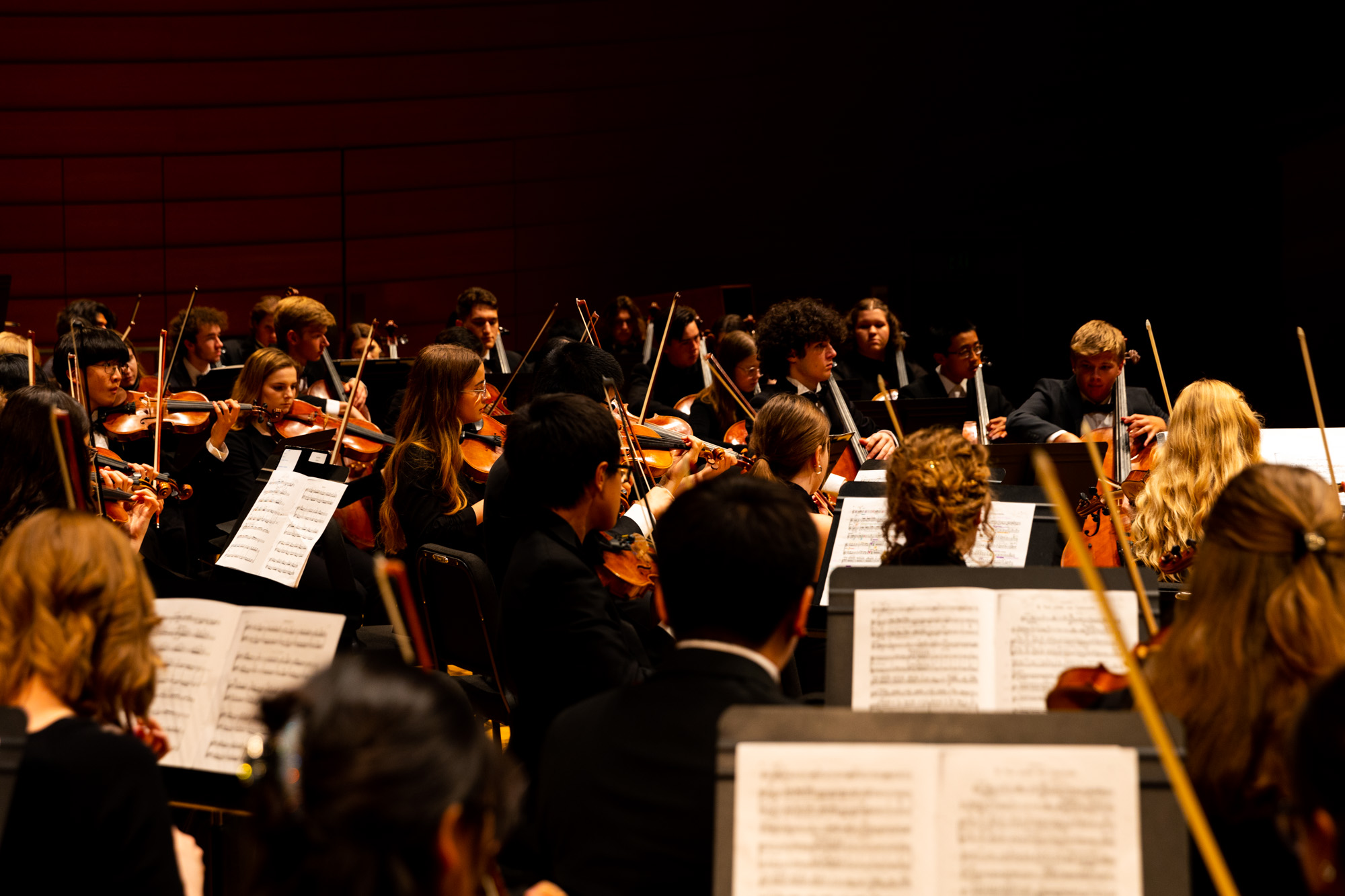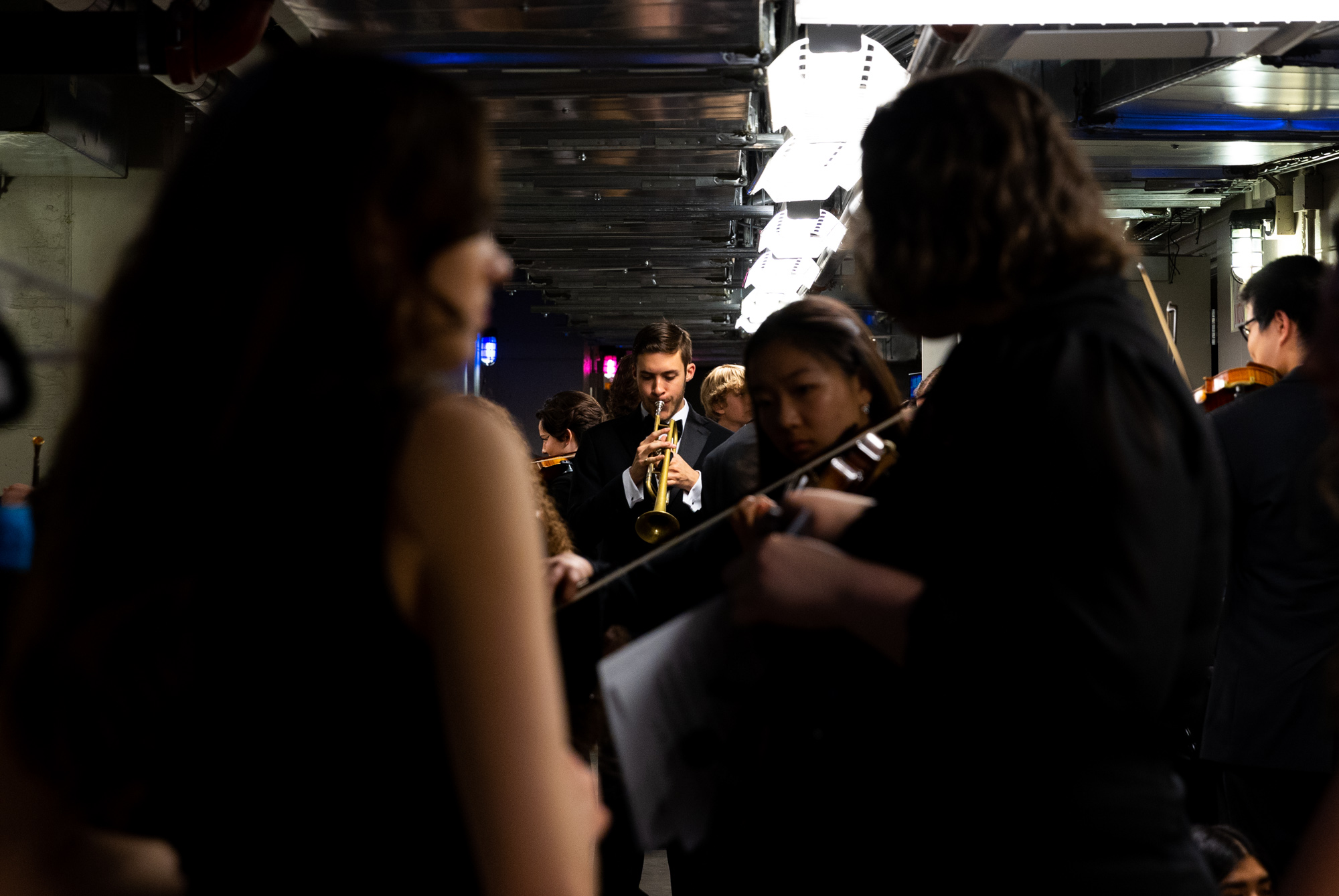Experience the Youth Symphony of Kansas City
Explore our upcoming performances from any of our four orchestras. Our concerts in Kansas City typically take place in Yardley Hall at the Midwest Trust Center or the Kauffman Center of the Performing Arts, but view our event calendar to see where else you can experience the Youth Symphony of Kansas City.
Upcoming Performances

Youth Symphony of Kansas City’s 65th Anniversary Season Finale Concerts – Afternoon Session

Youth Symphony of Kansas City’s 65th Anniversary Season Finale Concerts – Evening Session
Looking for recordings of past performances?
Check out our archives to see what YSKC has been up to!


Join the Future Now
The Youth Symphony of Kansas City furthers its mission by continuing to train the next generation of musicians, performers, patrons, and audience members for the arts.
Ready to join the premier youth music program of the KC metropolitan area? Explore our audition information to learn more, or submit your audition to get started with YSKC.

